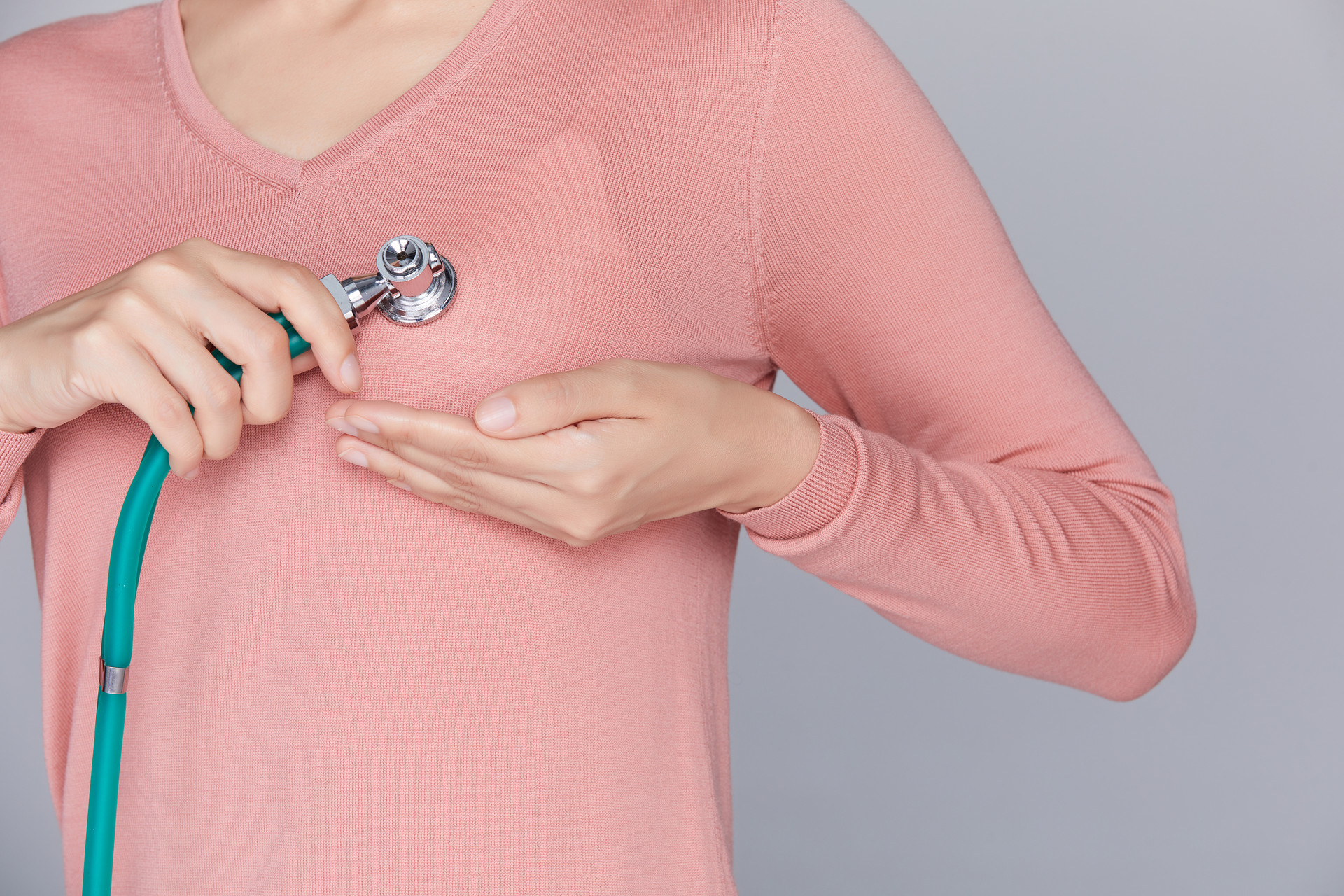1. Is bleeding and pain a sign of virginity?
The issue of the "hymen" is often the first thing encountered in the context of newlywed couples and their first sexual experience. The integrity of the hymen has long played a more important role in societal and moral concepts than other sexual organs. This is because its intactness has always been considered a reliable indicator of a woman's chastity, and even the only indicator. However, from a medical perspective, it is not scientifically valid to judge whether someone is a virgin based on whether they bleed or experience pain during their first sexual encounter.
Not every virgin experiences bleeding or pain during their first sexual intercourse. Moreover, the characteristics of the hymen vary from person to person. It can be thin, thick, loose, tight, large, small, and can have different shapes. Some hymens can rupture due to vigorous physical activities (such as sports), cycling, injuries, the use of menstrual tampons, or masturbation. In some cases, the hymen naturally recedes with age. Some individuals are born with less noticeable hymens. Some hymens are highly elastic and can remain intact even after multiple sexual encounters. Therefore, it is unfair to solely rely on the condition of the hymen to judge a woman's chastity.
2. What should be done if the first sexual encounter fails?
It is quite common for sexual intercourse to fail on the wedding night. According to analysis, the main reasons for the failure of the first sexual encounter are as follows: 10% due to the penis being already flaccid before intercourse (caused by excessive nervousness), 8% due to premature ejaculation or ejaculation upon initial contact with the vagina (caused by excessive excitement or impatience), 35% due to pain experienced by the female partner, 15% due to lack of knowledge about the sexual positions, and 20% due to unknown reasons.
On the other hand, the failure of the first sexual encounter is related to whether or not the individuals have experience with foreplay. Two-thirds of those who lack experience are likely to face failure, while one-third of them can understand the reasons for the failure after the experience. Most of those who fail in their first attempts can successfully engage in sexual intercourse after 2 to 5 trials. Therefore, even if it fails, there is no need to be impatient or worried. The couple can take a break and try again after a day or two when both parties are emotionally stable and the fatigue of the wedding is relieved. If the man fails, blaming him with comments like "useless" or "terrible" can cause him to feel even more ashamed and psychologically defeated. In such cases, if the woman can be understanding and speak words of encouragement and comfort as if nothing happened, the man will regain his courage and seek a harmonious and fulfilling sexual life.
3. Does semen leakage after intercourse affect conception?
It is common for semen to flow out of the vagina after sexual intercourse. In reality, although each ejaculation can release about 2 to 5 milliliters of semen, containing billions of sperm, only a very small number of sperm, usually ranging from 15 to 50, and not exceeding 200, can reach the fallopian tubes where fertilization occurs. Among them, only one sperm, which is the fastest and of good quality, is selected by the egg and combines with it to continue the cycle of life. The majority of the remaining sperm are rejected and expelled from the cervix with the semen. To prevent semen leakage and increase the chances of conception, the woman can elevate her hips during intercourse and lie on her back for two hours afterward, ensuring that the semen reaches the cervix and reducing its leakage. As for the excess semen being discharged from the vagina after intercourse, it is a natural phenomenon and generally does not affect conception.
4. Should contraception be used during honeymoon travel?
Nowadays, honeymoon trips are quite common. Although there are many advantages to this, newlywed couples should not forget about contraception to avoid regrets by sowing inferior "seeds" during this time. This is because the irregularity of travel life, mental stress, fatigue, and decreased body resistance can affect the quality of sperm and eggs. Moreover, the climate can vary greatly during travel, making it easy to catch a cold, especially due to the mixing of crowds and widespread pollution, as well as poor hygiene conditions in bathing and accommodation facilities, which can easily lead to the transmission and infection of diseases.
In particular, infection with rubella virus and sexually transmitted diseases is a significant cause of miscarriage, premature birth, stillbirth, fetal deformities, or secondary infertility. Medical and genetic experts believe that conception is best achieved in comfortable and pleasant living conditions. From the perspective of eugenics, if newlywed couples want to conceive as soon as possible, it is not advisable to go on a honeymoon trip. Couples on their honeymoon should take contraceptive measures, and it is better to wait 1 to 2 months after the trip before attempting to conceive.
5. What is the best contraceptive method for newlywed couples?
If newlywed couples do not wish to have children too early, they can use contraception. The best method is to use a condom along with contraceptive cream, as it ensures both contraceptive effectiveness and vaginal lubrication. Condoms have no side effects, are the most hygienic, and when used correctly, they not only do not affect the pleasure of sexual intercourse but also prevent the transmission of certain infections between partners, ensuring the safety and reliability of both partners and future children. If there are no other discomforts, this method can be used continuously. After 2 to 3 months of marriage, when the woman's vagina becomes more relaxed, a vaginal diaphragm along with contraceptive cream can be used instead.
6. Does contraception affect sexual life?
Preparing to take contraceptive measures
| 1 2 3 > >> >>|







